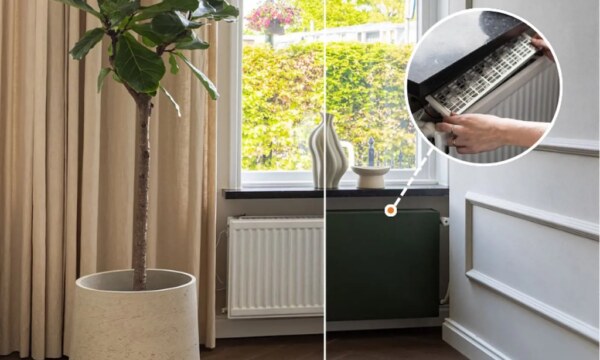MPs call for global arms sales review

Members of Parliament called for a worldwide review of government policy on military sales to authoritarian regimes, as ministers have been accused of failing to take sufficient account of human rights concerns when granting licences for arms exports.
Committees on Arms Export Controls (CAEC) – made up of members of the business, defence, foreign affairs and international development committees – published a report on strategic export controls. The report made an unprecedented attempt in scrutinising the government’s latest annual report on strategic export control in 2010.
According to the latest report, the committee expressed particular concern about the licences still valid for Arab countries, including around 100 licences granted last year for sales to Bahrain and 124 licences to Egypt for equipment including rifles, body armour, shotguns, pistols and small arms ammunition.
The report marked the first time an external body has carried out a full audit of where the British government is allowing arms exporters to do business. In addition to Bahrain and Egypt, it found licences had been granted to Syria, Libya, Saudi Arabia, Tunisia and Yemen, since the start of the Arab Spring in 2010.
Sir John Stanley, the chairman of the Commons arms export control committees, said: “The government should apply significantly more cautious judgments when considering arms export licence applications for goods to authoritarian regimes which might be used to facilitate internal repression.”
Stanley concluded: “The long-standing British position is clear: We will not issue licences where we judge there is a clear risk that the proposed export might provoke or prolong regional or internal conflicts, or which might be used to facilitate internal repression.”
As there is no official index of authoritarian regimes, the MPs decided – as a start – that the government should look at the Foreign Office’s own list of 28 countries where diplomats have “the most serious and wide-ranging human rights concerns”.
Yet Foreign Office Minister Alistair Burt denied that ministers have been assessing licence applications abruptly. He explained: “When the licences in question were issued, they were properly assessed in light of the prevailing circumstances. Once the circumstances changed, the risk was reassessed and licences were revoked. This is evidence of a system that is working, not failing. There is no evidence that equipment supplied by the UK was used to facilitate internal repression during the Arab Spring.”
Queenie Man

























Facebook
Twitter
Instagram
YouTube
RSS